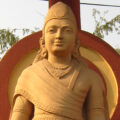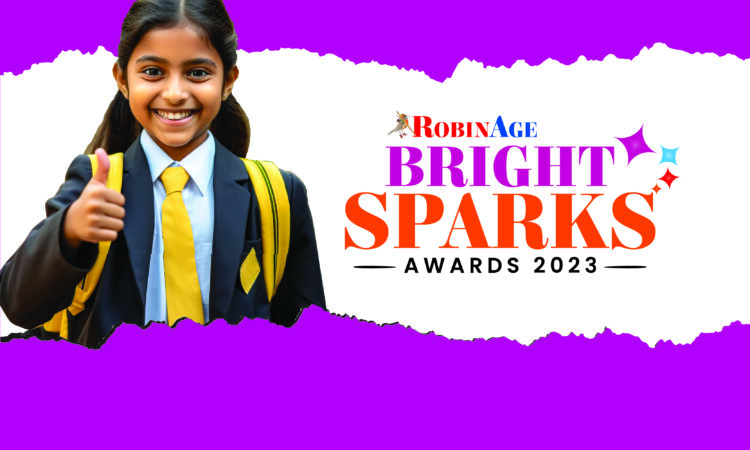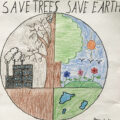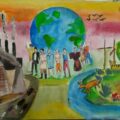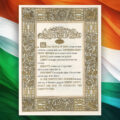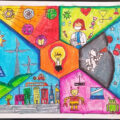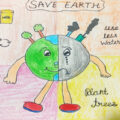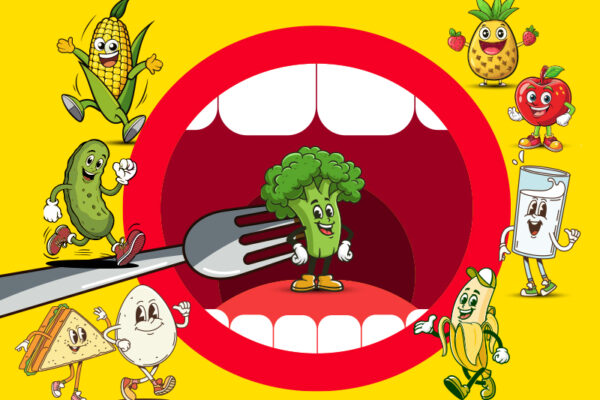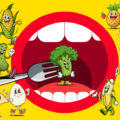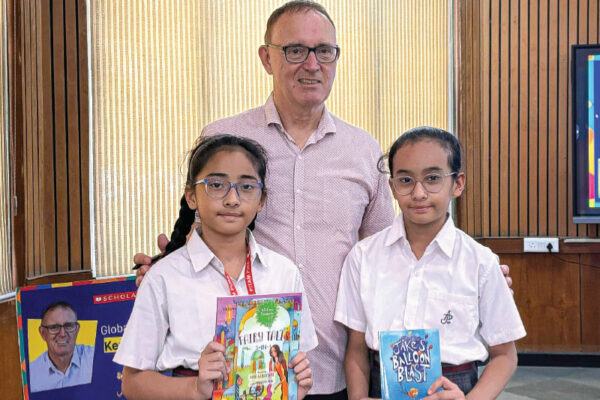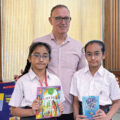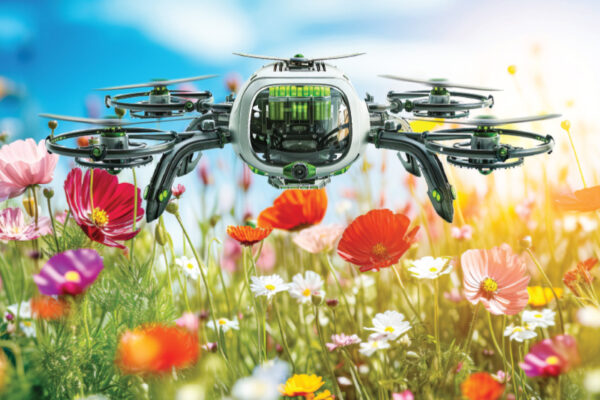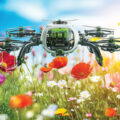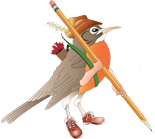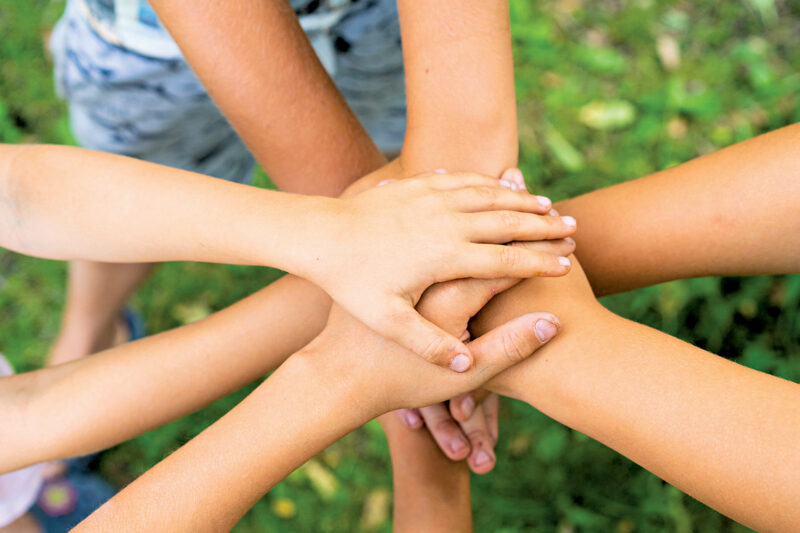
Imagine a big playground with lots of swings, slides, sports courts and open play areas. Every child has access to each of these equally, irrespective of their age, abilities, gender, size, how outgoing or shy they are or even their background. Everybody is fair and lets others have equal access to the playground. It’s a happy playground with fun banter, kids running around and lots of joy everywhere!
Can you imagine such a situation in real life? Take this playground situation and apply it to all of life. This kind of fairness and equal access is called social justice.
Now you might wonder why you should care about this. It’s actually pretty straightforward. You see, at your age, you’re figuring out how the world works—from how the planets orbit the sun to the rules of your favourite sport or what it means to be a good friend. Just like these things, it’s important to understand social justice so that you can help make and be part of a happier world for everyone.
The idea here is for you to start seeing the bigger picture, and then decide what feels right to you. It’s about thinking critically, which means not just accepting things because someone told you to. It’s about understanding different points of view, showing empathy and kindness to everyone, standing up for what you believe in and standing up for others too.
Now, learning about social justice isn’t just about making you super smart. It’s also about helping you become a confident, responsible and happy person who can make a positive change in the world, in your unique way.
By learning about social justice, you will not only learn about issues and other people, but also other skills such as:
- Understanding and loving who you are
- Appreciating how different everyone is
- Recognising unfairness and bias
- Being brave enough to think for yourself, make decisions and stand up for what’s fair
- Viewing the world critically and neutrally
- Treating everyone with fairness, empathy, compassion, courage, confidence
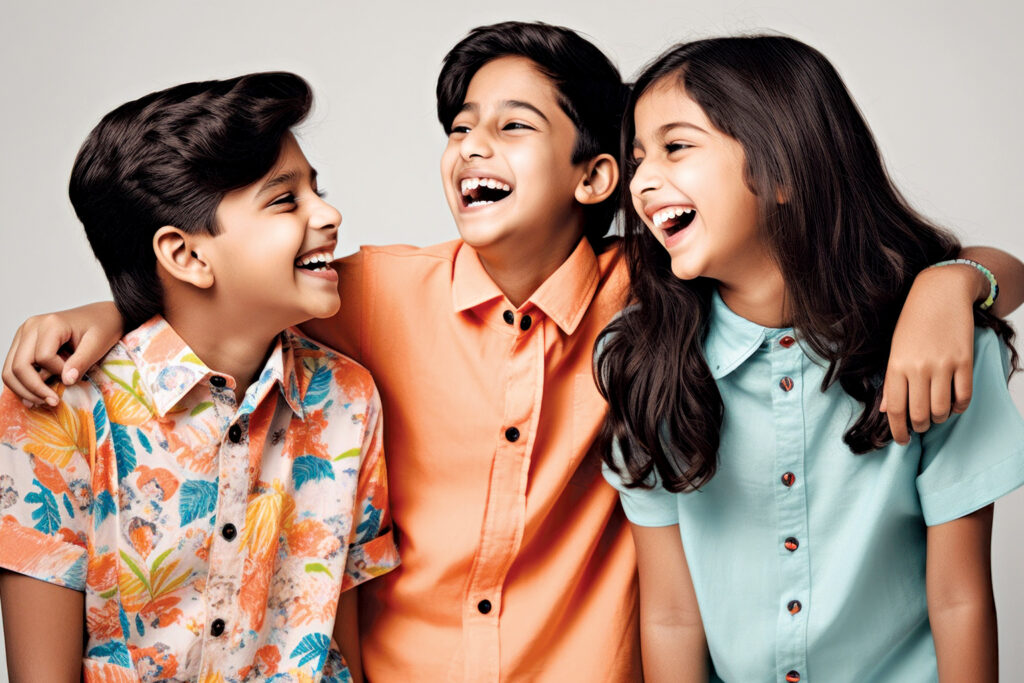
So, let’s get into how you can learn all this and what you should even learn! To keep it simple, you can break social justice into four main parts:
- Identity: Understanding who you are, your strengths and the groups you belong to. Think about your life and ask yourself questions about your likes and dislikes, your qualities, your thoughts and your feelings. Most importantly, think about what you like about yourself.
- Justice: Recognising when someone is treated unfairly and knowing about people who have fought against injustice. Don’t shy away from difficult news. Ask yourself who was being unfair and why they were unfair. Read stories from the past. Think about your own life and the people who are treated differently from you just because they have lesser money or are of a different gender.
- Diversity: Understanding that others have their own identities and learning about different people and cultures. You can read books and stories and watch movies and videos to learn about others. Ask yourself, what is similar between us and what is unique about them. Be curious!

- Action: Standing up for yourself and others and knowing when and how to take action. There is no right way to do something about these difficult situations. It can be simply learning more about things, or discussing them with your friends. You can write stories about situations or create petitions for changes. It can even be as easy as treating someone with more kindness even if others around you don’t.
Delve into thoughtful conversations that spark curiosity and allow for the exchange of diverse ideas. Analysing various situations or events can also help shape your understanding of fairness and justice. Most importantly, when you have a belief or cause you’re passionate about, don’t hesitate to voice your opinion or take action. It’s through these practical steps that your understanding of social justice will flourish.
As kids, you have more power than you think to change the world. You’re smart, curious, imaginative, creative and unique. Your ideas have value, your voice matters. More importantly, you’re just so kind! Adults of the world need you, so spend a little time thinking about this fairness and make the world fairer and happier for everyone!
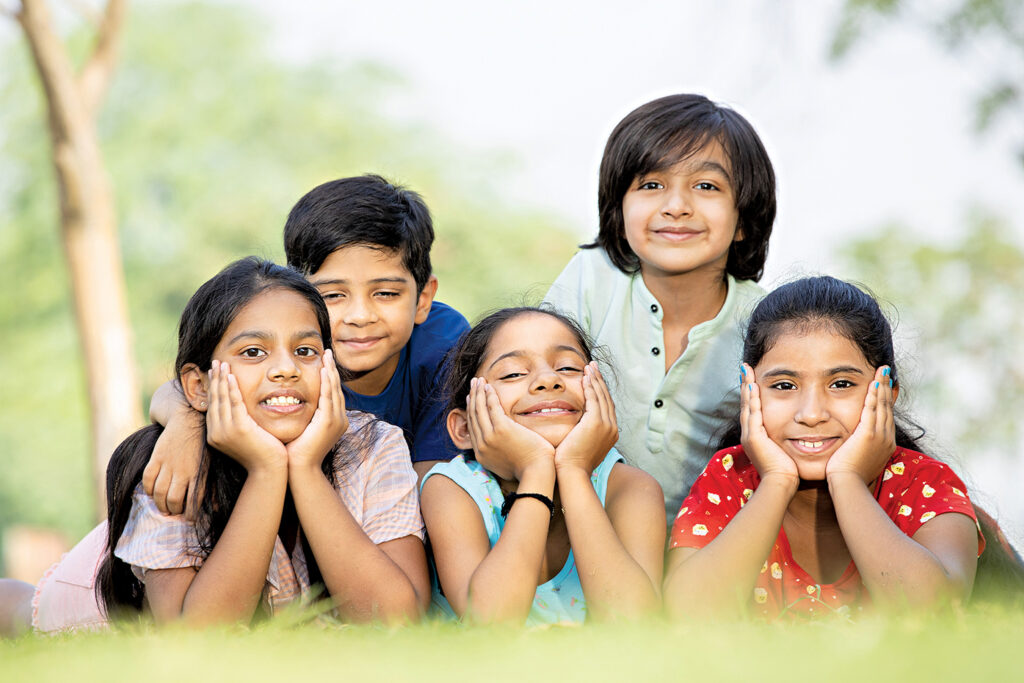
You Are Important!
Have you looked at the news lately and felt overwhelmed by what’s happening? Have you ever wished for a more peaceful and happier world but aren’t sure if that’s even possible? Understanding social justice and realising that you’re an important part of the change will help you feel empowered and take action, in your unique way!



